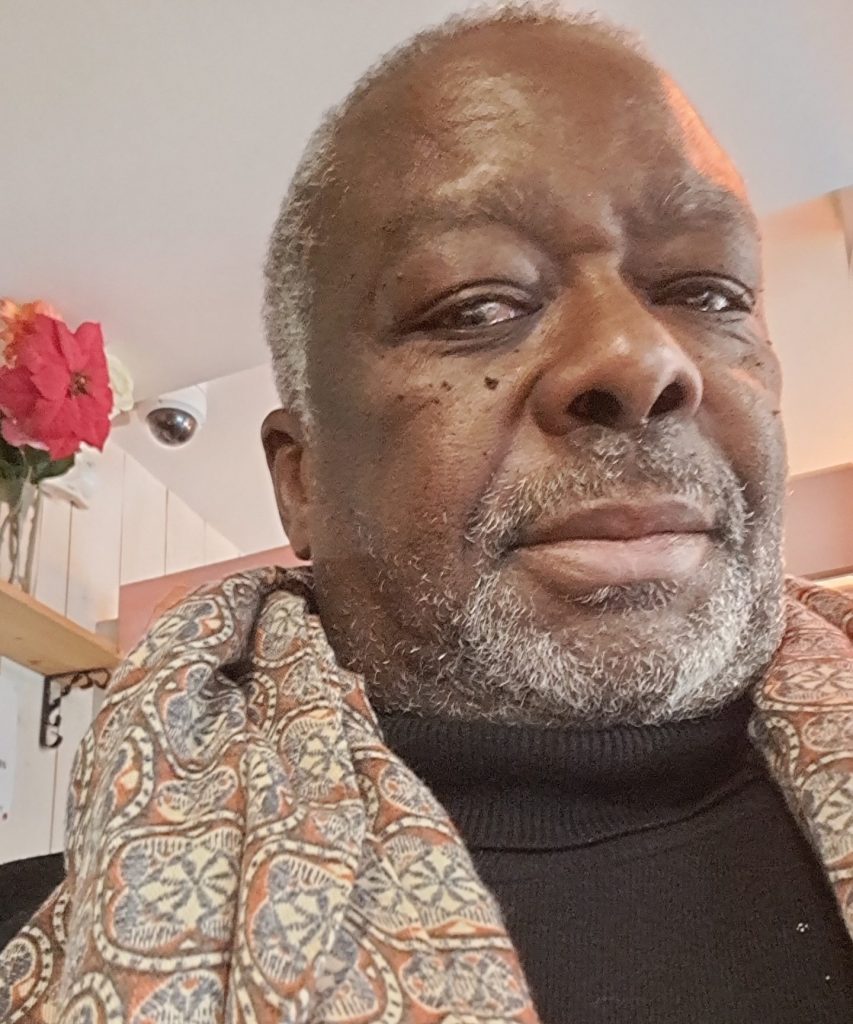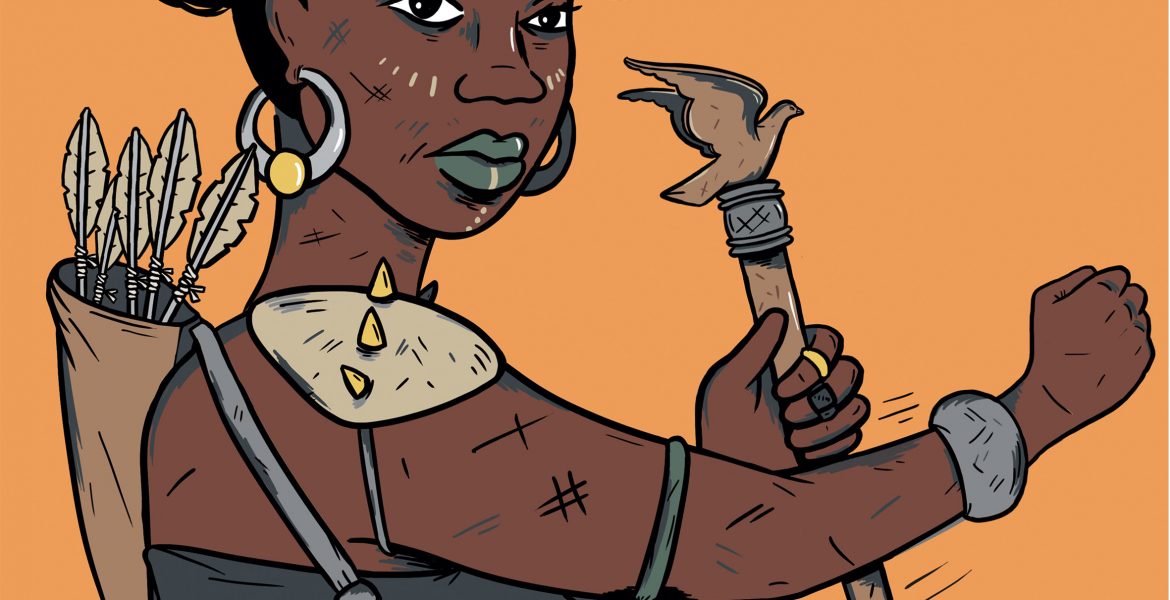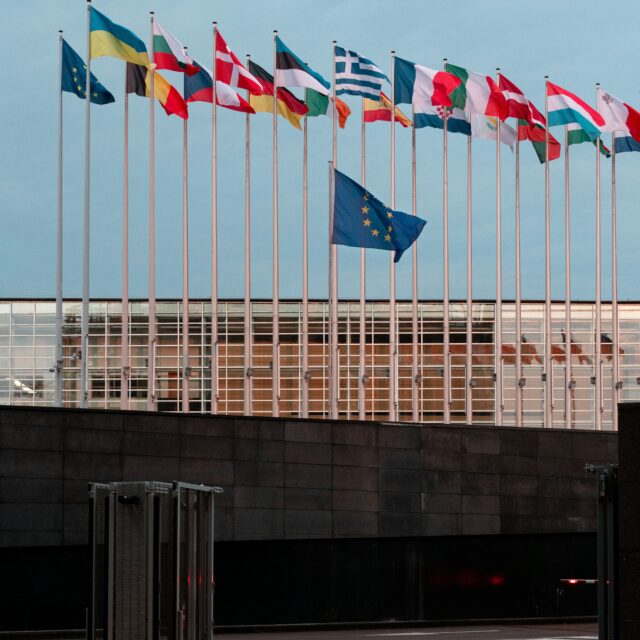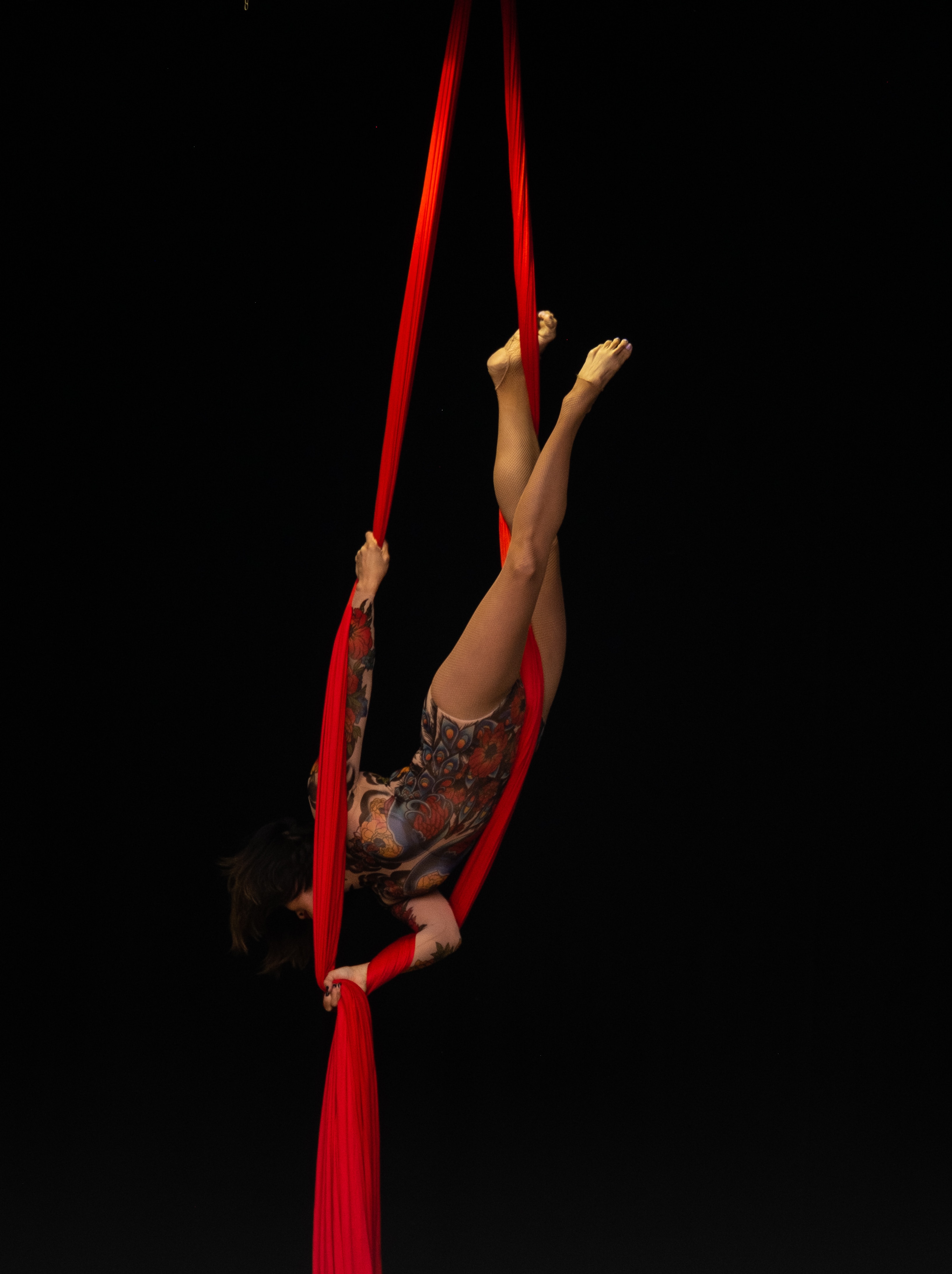African film’s premier event starts this Saturday 25th February, in Ouagadougou, the capital of Burkina Fasso. The Panafrican Film and Television Festival of Ouagadougou (FESPACO) was first launched in 1969 and has since evolved into an internationally recognised and respected event. This year will mark the 28th Festival in the series since its inception.
The organization is based in Ouagadougou, the capital of this landlocked francophone country in West Africa, and it organises the festival once every two years. It accepts for competition films directed by African filmmakers and those from the African diaspora. It offers African film professionals the opportunity to establish working relationships, exchange ideas, and promote their work.
The festival’s stated objective is to “contribute to the expansion and development of African cinema as means of expression, education and awareness-raising”. It also works to establish a market for African films and industry professionals. To date, awards have been given by the festival to directors from Cameroon, Morocco, Mali, Nigeria, Ivory Coast, Algeria, Burkina Fasso, Ghana, and the Democratic Republic of the Congo.
It is a great tribute to the creative arts community of Burkina Fasso that they are able to keep this unique festival in Africa operating at a time of serious political turmoil in the country.
Burkina Fasso is a former French colony which won independence in 1960, and the name of the country literally means the “land of honest men”, but Burkina Fasso has faced domestic difficulties as a result of the spread of jihadist violence spreading from neighbouring Mali. These security issues led to two coups in 2022 by the army to seize power, and a military administration currently governs the country whilst the constitution has been suspended.
I spoke to Björn Hultin, a Brussels-based expert on African affairs, who is attending FESPACO for the fourth time this year, and he commented that, “This is an important festival promoting African filmmakers that deserves our support. It enables contact and exchange between film and audiovisual professionals in Africa. Also, it contributes to the expansion and development of African cinema as a means of expression, education, and awareness raising.”

Balufu Bakupa-Kanyinda
I also reached out to Balufu Bakupa-Kanyinda, a well-known film director and producer from the Democratic Republic of Congo, whose film Le Damier (1997) is considered one of the masterpieces of world cinema. He also directed a movie on Thomas Sankara – a film that was the big event of Fespaco 1993. He has created since 2015 the Thomas Sankara Prize which will be awarded for its fifth edition this year at Fespaco to a short film in the official competition.
Balufu said “Fespaco is a place of representation of the image of Africa and Africans by Africans themselves, it is the place par excellence where the cinematographic and audiovisual imaginations of Africa such as we cannot see elsewhere. It is a place of Memory because the cinema allows to restore and preserve the African memory. Suppose Africa were colonised by Western forces that kept it in under development. In such a case, Africa can only decolonise itself by financing and producing its images as a cultural representation to emancipate our people from the alienation of neocolonialism.”




